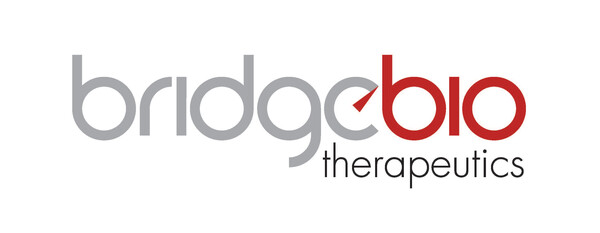Bridge Biotherapeutics said Wednesday it has signed collaborative research agreements with the University of Colorado and Emory University to explore the potential for expanding the indications of BBT-877, an autotaxin inhibitor, as an immuno-oncology agent.

The company added that the joint researchers will also explore the efficacy and effectiveness of BBT-877 in combination with existing cancer immunotherapies.
As the academic community continues to investigate the relationship between autotaxin and cancer genesis and immune mechanisms in various cancer diseases in addition to fibrotic diseases, the company is expected to accelerate immuno-oncology-related research through two collaborative research agreements to add momentum to commercialization, it said.
A team of researchers at the University of Colorado School of Medicine, led by Raul Torres, Ph.D., will investigate whether BBT-877, an autotaxin inhibitor, can activate immune T cells to kill antigen-specific cancer cells at improved levels compared to existing drugs.
In addition, a team of researchers at Emory University School of Medicine, led by Jessica Konen, Ph.D., will determine the efficacy of BBT-877 in combination with anti-PD-1 immuno-oncology drugs, such as Keytruda in KRAS/P53 (KP) mutant non-small cell lung cancer (NSCLC), which is resistant to existing immuno-oncology drugs.
"With market interest in autotaxin inhibition in the treatment of pulmonary fibrosis at an all-time high, we are excited to collaborate with two research teams active in autotaxin-related research in cancer to rapidly acquire data on immuno-oncology, adding momentum to the scale and pace of our ongoing global technology transfer negotiations," Bridge Biotherapeutics CEO Lee Jung-kue said.
BBT-877, a first-in-class and best-in-class drug candidate that selectively inhibits the novel target protein autotaxin, is in clinical development at more than 50 institutions in five countries, including the U.S. and Korea, and has recruited about 80 patients with idiopathic pulmonary fibrosis since the first dose was initiated in April of last year, exploring the efficacy, safety, and pharmacokinetics of BBT-877 in about 60 percent of the targets.
IOA-289 (cambritaxestat) of iOnctura, another autotqaxin inhibitor of the same class, is in phase 1 clinical development in pancreatic cancer and was recently granted orphan drug designation by the U.S. Food and Drug Administration (FDA) for pancreatic cancer. BBT-877 has shown in phase 1 clinical trials to inhibit the production of lysophosphatidic acid (LPA), a biomarker of autotaxin inhibitors, by about 90 percent. It is expected to inhibit autotaxin in the blood at a superior level to IOA-289.

